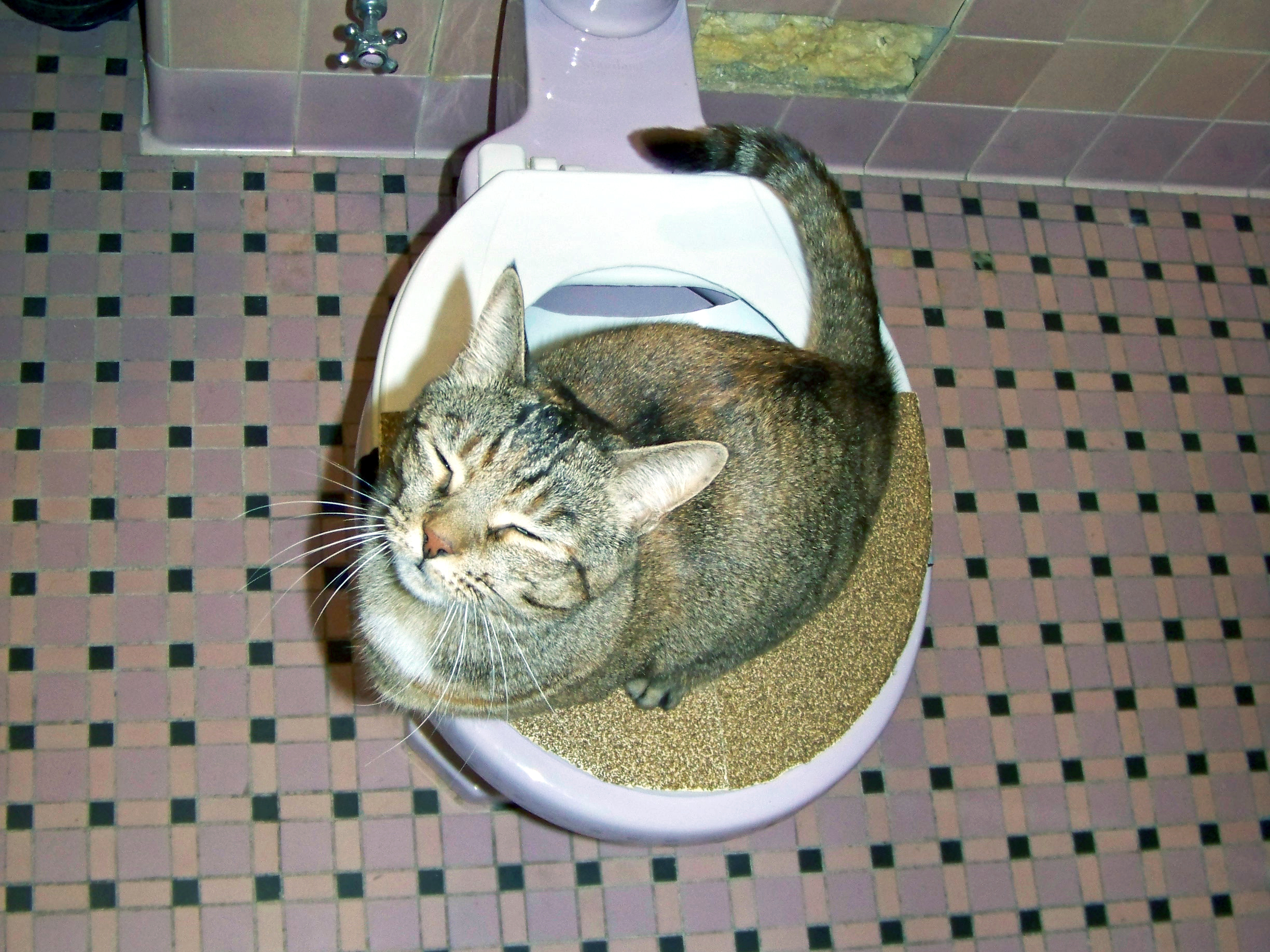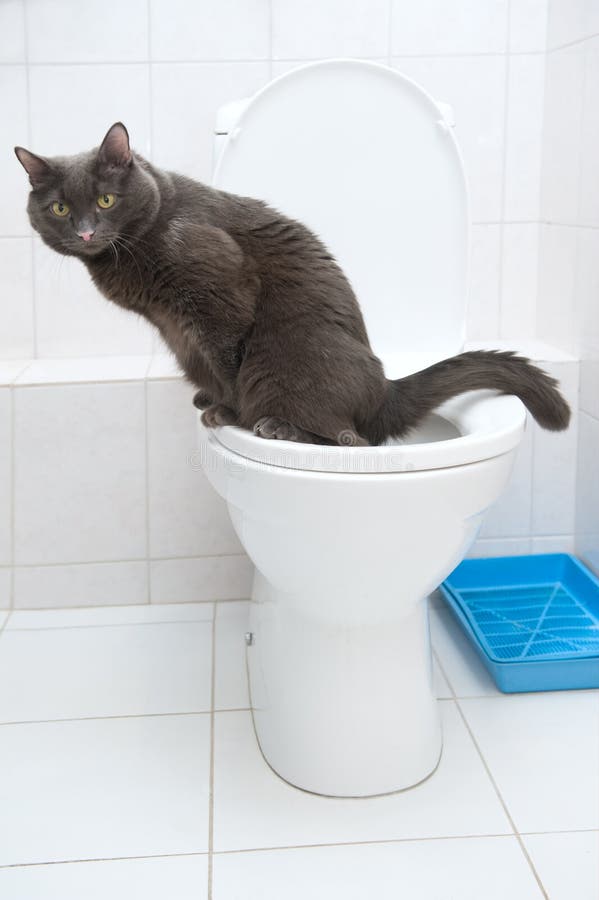The Risks of Flushing Cat Poop in Your Toilet - Preventive Measures
The Risks of Flushing Cat Poop in Your Toilet - Preventive Measures
Blog Article
We have unearthed this post about How to Dispose of Cat Poop and Litter Without Plastic Bags listed below on the web and figured it made perfect sense to share it with you here.

Intro
As cat owners, it's important to be mindful of exactly how we get rid of our feline close friends' waste. While it may appear hassle-free to flush feline poop down the bathroom, this method can have harmful effects for both the atmosphere and human health.
Alternatives to Flushing
Luckily, there are much safer and extra accountable means to throw away cat poop. Consider the complying with options:
1. Scoop and Dispose in Trash
One of the most typical method of taking care of feline poop is to scoop it right into an eco-friendly bag and throw it in the garbage. Be sure to make use of a dedicated litter scoop and throw away the waste quickly.
2. Usage Biodegradable Litter
Go with naturally degradable pet cat clutter made from products such as corn or wheat. These trashes are eco-friendly and can be safely taken care of in the trash.
3. Bury in the Yard
If you have a lawn, think about hiding cat waste in an assigned area away from vegetable gardens and water resources. Make certain to dig deep adequate to prevent contamination of groundwater.
4. Mount a Pet Waste Disposal System
Purchase a pet garbage disposal system specifically designed for cat waste. These systems use enzymes to break down the waste, minimizing smell and ecological effect.
Health Risks
In addition to ecological concerns, purging cat waste can likewise pose health and wellness risks to people. Pet cat feces may contain Toxoplasma gondii, a bloodsucker that can trigger toxoplasmosis-- a possibly serious disease, specifically for pregnant ladies and individuals with weakened immune systems.
Ecological Impact
Purging pet cat poop presents dangerous microorganisms and parasites into the supply of water, presenting a considerable danger to marine ecological communities. These contaminants can negatively influence aquatic life and compromise water quality.
Conclusion
Accountable pet ownership prolongs beyond supplying food and sanctuary-- it likewise includes correct waste monitoring. By refraining from flushing feline poop down the toilet and choosing alternative disposal approaches, we can lessen our ecological impact and safeguard human health.
Why You Should Never Flush Cat Poop Down the Toilet
A rose by any other name might smell as sweet, but not all poop is created equal. Toilets, and our sewage systems, are designed for human excrement, not animal waste. It might seem like it couldn’t hurt to toss cat feces into the loo, but it’s not a good idea to flush cat poop in the toilet.
First and foremost, assuming your cat uses a litter box, any waste is going to have litter on it. And even the smallest amount of litter can wreak havoc on plumbing.
Over time, small amounts build up, filling up your septic system. Most litter sold today is clumping; it is made from a type of clay that hardens when it gets wet. Ever tried to scrape old clumps from the bottom of a litter box? You know just how cement-hard it can get!
Now imagine just a small clump of that stuck in your pipes. A simple de-clogger like Drano isn’t going to cut it. And that means it’s going to cost you big time to fix it.
Parasitic Contamination
Believe it or not, your healthy kitty may be harboring a nasty parasite. Only cats excrete Toxoplasma in their feces. Yet it rarely causes serious health issues in the cats that are infected. Most people will be fine too if infected. Only pregnant women and people with compromised immune systems are at risk. (If you’ve ever heard how women who are expecting are excused from litter cleaning duty, Toxoplasma is why.)
But other animals may have a problem if infected with the parasite. And human water treatment systems aren’t designed to handle it. As a result, the systems don’t remove the parasite before discharging wastewater into local waterways. Fish, shellfish, and other marine life — otters in particular — are susceptible to toxoplasma. If exposed, most will end up with brain damage and many will die.
Depending on the species of fish, they may end up on someone’s fish hook and, ultimately on someone’s dinner plate. If that someone has a chronic illness, they’re at risk.
Skip the Toilet Training
We know there are folks out there who like to toilet train their cats. And we give them props, it takes a lot of work. But thanks to the toxoplasma, it’s not a good idea.

Do you really like more info about How to Dispose of Cat Poop and Litter Without Plastic Bags? Try leaving a comment down below. We will be delighted to see your opinion about this blog posting. We hope to see you back again before long. Loved our piece of writing? Please share it. Help someone else find it. Thanks a lot for going through it.
Click Here To Read More Report this page